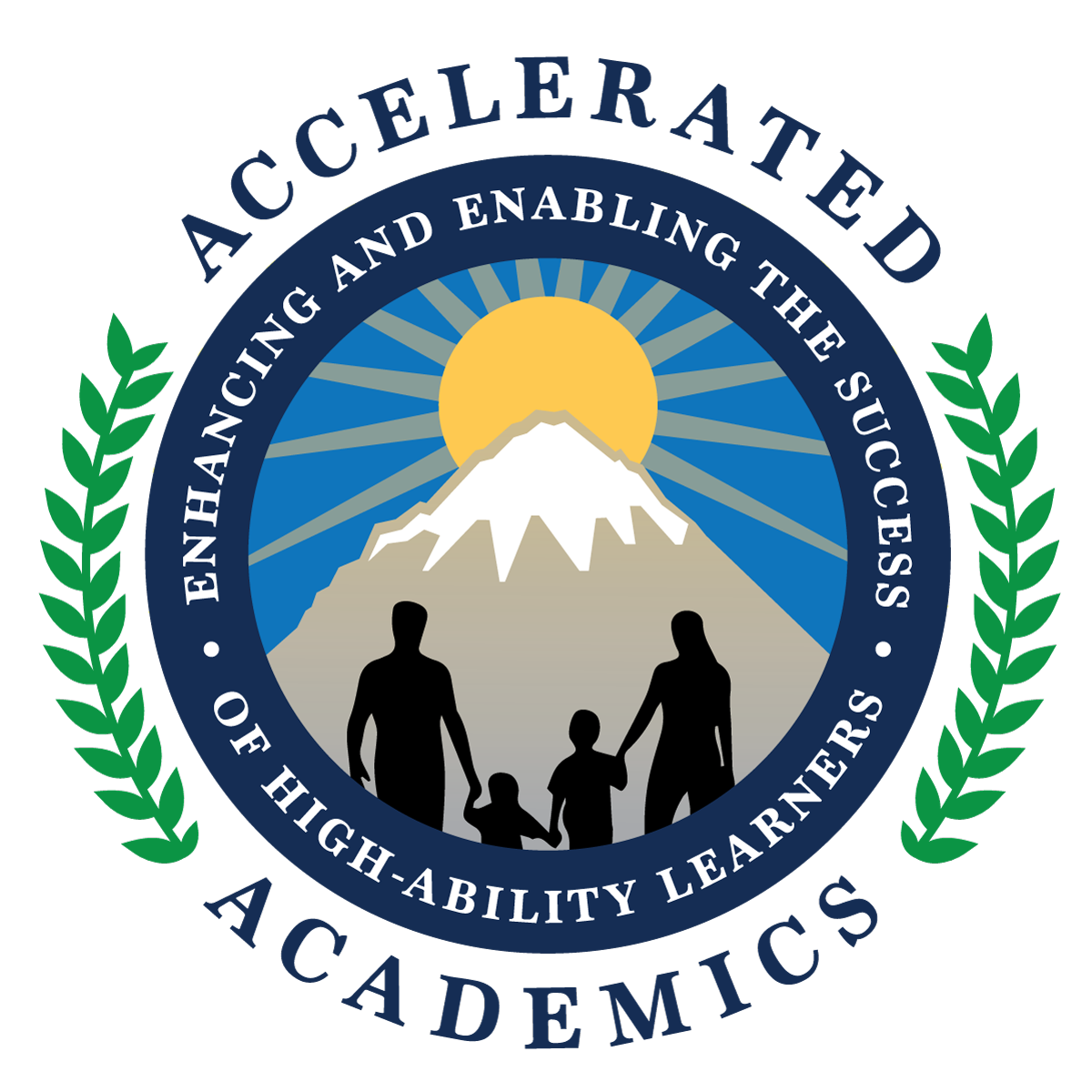Parents typically desire that their children receive an appropriate education that leads to a successful life. Parents of high-ability or profoundly gifted children or children who are twice-exceptional (gifted with disabilities) often struggle with school and district personnel as they advocate for a suitable differentiated education that will meet their students’ academic and socio-emotional needs. Diminished funding resources for gifted programs and the lack of teacher/administrator training and professional development are some of the major issues that negatively affect the public school experience for gifted learners and their parents.
An educational environment undertaken primarily at home for gifted students can provide an unlimited atmosphere for learning, so long as the parent is committed to the process of providing engaging and challenging learning opportunities. Parents of high-ability learners usually understand that their students have a variety of different needs, interests, and strengths. In a homeschool setting some gifted students may prefer to work one-on-one with a parent or mentor, others may thrive with independently accessed accelerated on-line courses or self-directed problem-based learning. Furthermore, the daily homeschool program can be customized to fit the needs of the learner who is highly talented in areas where they need flexible schedules to practice and compete in physical activities (i.e. dance, gymnastics, equestrian, ice skating, tennis, golf, skateboarding, etc.).
Parents who desire to take on the role of homeschooling often feel daunted by the unknown circumstances of where to begin; and they may worry that they are not qualified to teach their children. These noble parents would benefit from the support and guidance of a professional educator who is trained in gifted education and who oversees a private school satellite program (PSP) for homeschool families. This professional could help parents understand how to effectively personalize and individualize the educational experiences of their gifted children. Additionally, opportunities for parents to gain confidence by learning a variety of teaching strategies from this educator and for networking with other homeschool parents within the PSP could play a major role in the success of the overall homeschool experience.
References:
"Homeschooling the Gifted Learner." Position Papers. California Association for the Gifted, 21 Nov. 2004. Web. 12 Jan. 2016. <https://c.ymcdn.com/sites/cagifted.site-ym.com/resource/resmgr/docs/position09hg.pdf>.
